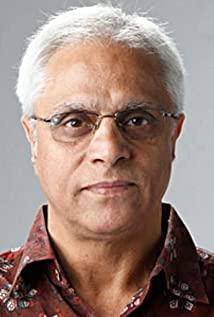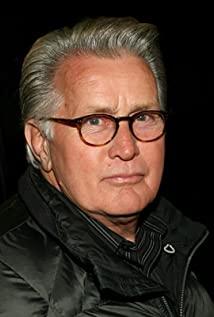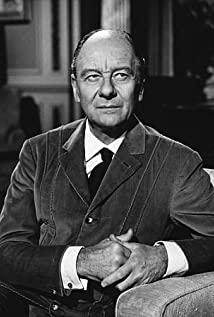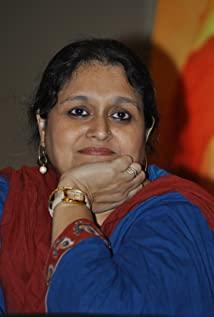Non-violence and non-cooperation is the best means of resistance for a legal person, and it is also a forced choice for the defenseless Indian people to face the British colonists with a modern army. Gandhi was lucky. The colonizer of India was the United Kingdom. This is a country with a constitutional monarchy tradition and a complete legal system. Therefore, his non-violence and non-cooperation can successfully realize the autonomy of India. Therefore, it can be said that in fact, it was Cambridge in the United Kingdom that cultivated the self-made revolutionary forces of India and finally revoked the life of the British Empire. This is also the greatness of the British constitutional system.
Non-violence and non-cooperation is really a very difficult thing. Inciting the masses and engaging in non-violent non-cooperation inherently risks violence. How to control it in a state of non-violence requires extremely strong binding force. In terms of purely secular binding force, in India at that time, it was almost non-existent, because after all, India had no independence and no effective administrative means. Therefore, Gandhi could only use his spiritual power to influence the people and stop the violence through hunger strikes. As for India's special religious environment, it also has a lot to do with religions such as Buddhism, Hinduism, and Islam. People generally worship the god of their religion, Allah or God. The existence of Gandhi is the incarnation of the gods of these three religions. Many of his actions have a very strong sense of religious rituals, such as hunger strikes to resist violent incidents, going to the sea to start salt making, etc. Gandhi's god-like belief power bridges the differences. The division and strife between religions is also one of the key reasons why the non-violent non-cooperation movement can be successfully implemented in India.
Gandhi's non-violent non-cooperation defeated the colonizers, the British Empire, but could not bridge the rift between Hinduism and Islam, which eventually led to the partition of India and Pakistan. Gandhi defeated colonial rule, but not religious fundamentalism. He finally said: "There is nothing in the world, it's all psychological." He then set off on his way to Pakistan and never came back, dying at the guns of stubborn Hindus on the 4th day of India's independence.
View more about Gandhi reviews











